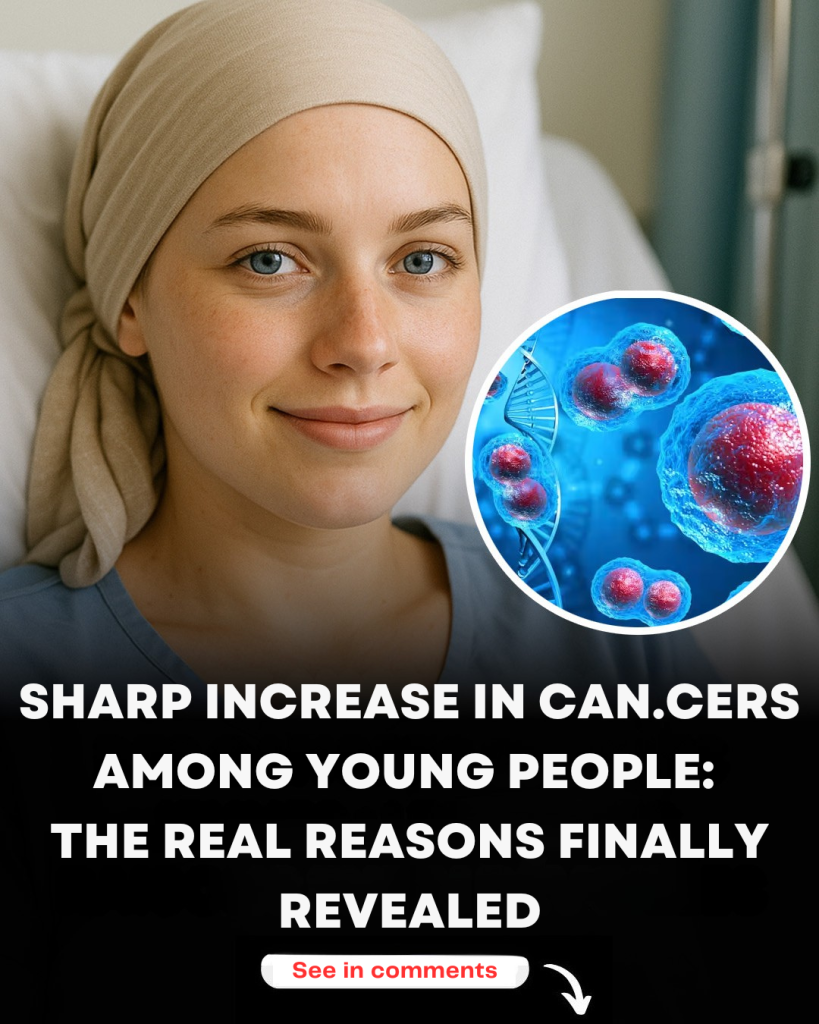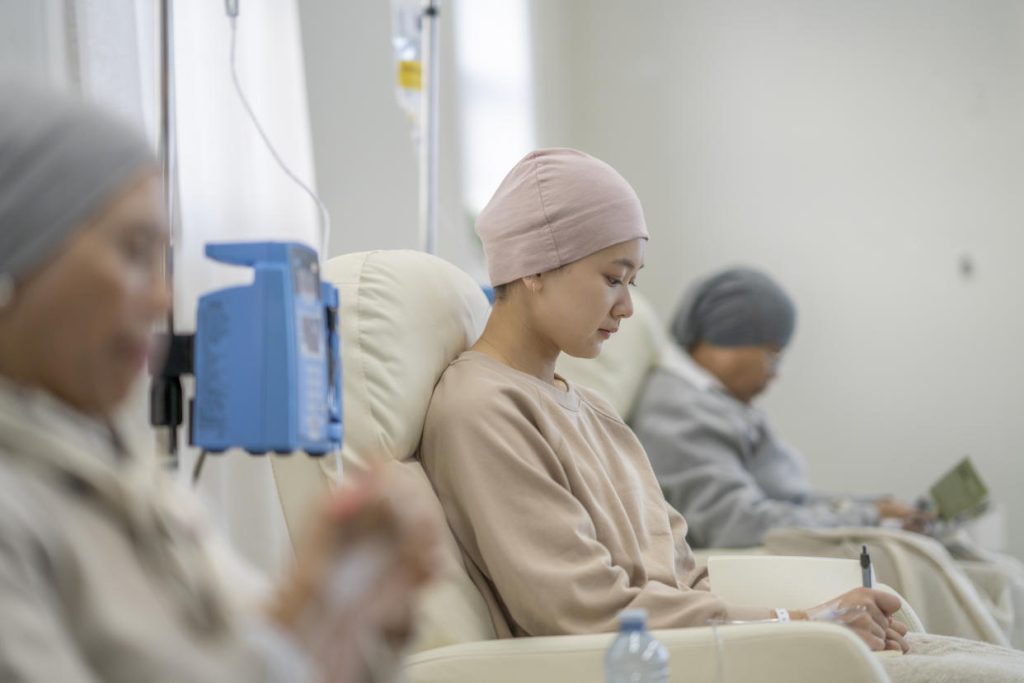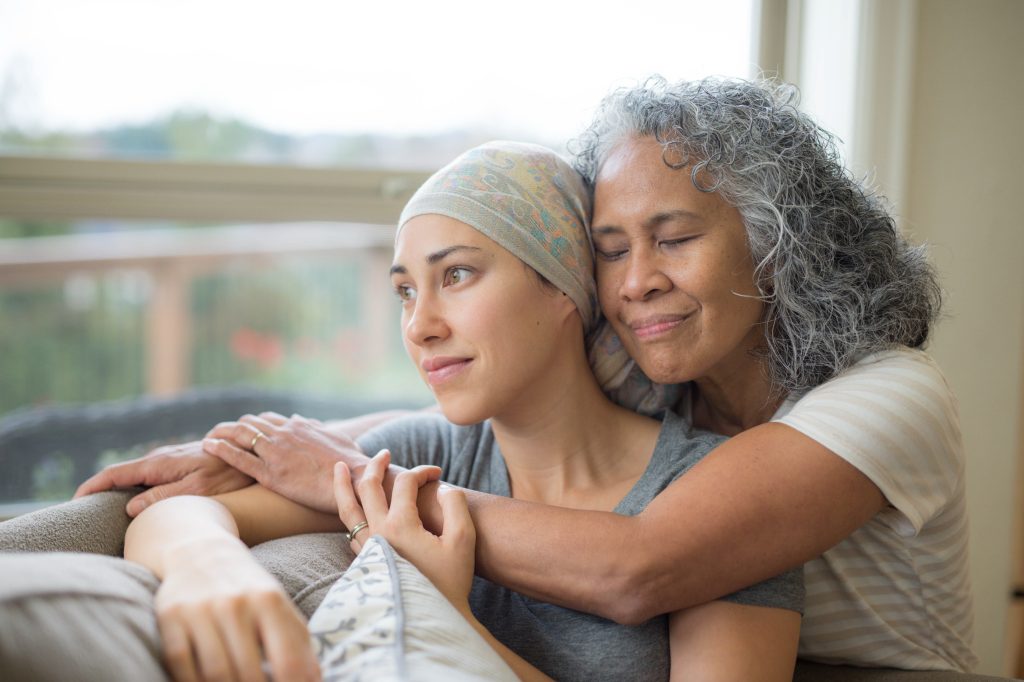
For years, cancer was seen as a disease of aging — something to worry about after 60. But now, a growing number of people in their 20s and 30s are facing a diagnosis they never expected. Why is this happening, and can science explain the sudden rise without causing widespread alarm? Let’s look at the data and what it tells us.
A Wake-Up Call for a Younger Generation
Elise was just 28 — healthy, active, a non-smoker, and with no family history of illness. And yet, she was diagnosed with colorectal cancer. Her story isn’t unique. More and more young adults with no known risk factors are being hit with devastating news.
What’s more troubling is that many of these young patients don’t match the “typical” cancer profile. This shift is happening not only locally but worldwide.
A study published in the British Medical Journal reveals that cancer diagnoses in people under 50 have risen by nearly 80% over the past 30 years. Another major report from The Lancet Oncology suggests this trend may continue — or even accelerate — by the year 2050.
Why Is Cancer Rising Among the Young?

1. Modern Lifestyle Habits
Many of today’s eating patterns are heavy in processed foods, added sugars, and unhealthy fats. At the same time, levels of physical activity have dropped. The result? Rising rates of obesity, diabetes, and chronic inflammation — all of which can increase cancer risk.
Add to that the common overuse of alcohol, smoking, and poor sleep, and you have a recipe that could be fueling disease at younger ages.
2. Environmental Exposure from an Early Age
We now live in a world filled with pollutants, pesticides, plastics, and hormone-disrupting chemicals. Continuous exposure to these environmental threats — starting from early childhood — could be creating the perfect storm for cancer to develop later in life.
The longer the exposure, the greater the potential impact.
3. Gut Health and the Microbiome
Your digestive system plays a bigger role in your overall health than we once thought. The trillions of microbes in your gut — known as your microbiota — are now being linked to cancer, especially in the digestive system.
Diets lacking in fiber, or the overuse of antibiotics, can throw this delicate balance off, possibly weakening the body’s ability to prevent disease.
Are We Just Detecting It Earlier?

Increased awareness and better diagnostic tools mean more cancers are being found earlier — and that’s good news. But it doesn’t explain the full story. Many young adults are being diagnosed with **late-stage** cancers, despite having no clear risk factors. Something deeper is going on.
And What About the COVID-19 Vaccines?
Some conspiracy theories have tried to tie the rise in cancer to COVID vaccines. But no credible scientific evidence supports this idea. Global health authorities — including the WHO and the European Medicines Agency — confirm that these vaccines are among the most closely monitored in medical history.
To date, vaccination is not listed as a cause in any reliable cancer research.
So What Can We Do?
To face this growing concern, the response must be smart, science-based, and inclusive of younger age groups. That means:
- Investing in research to better understand cancer in young adults
- Expanding prevention efforts, especially for those under 40
- Using genetic and tech tools to identify individual risk factors
- Rethinking screening guidelines, which still focus too heavily on older adults
Young Adults Deserve Answers — and Action
Cancer in young people is no longer rare. The numbers are rising, and we now have the tools to spot the danger earlier — if we’re willing to use them.
Being aware, informed, and proactive could make all the difference.